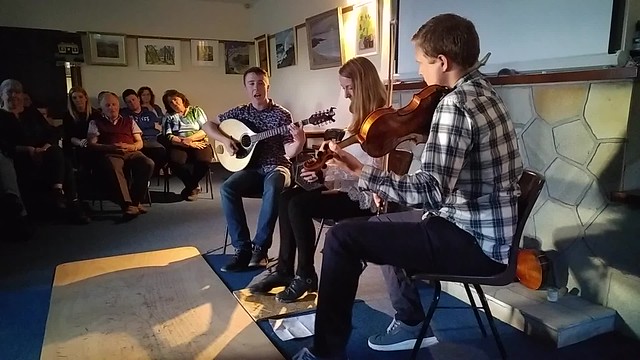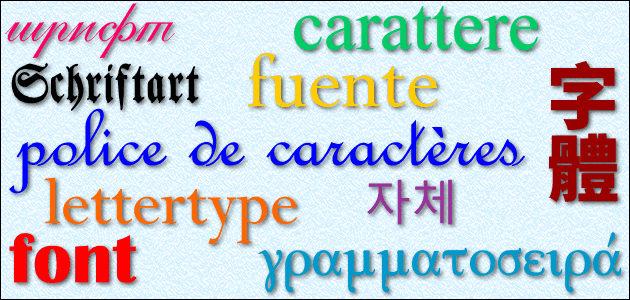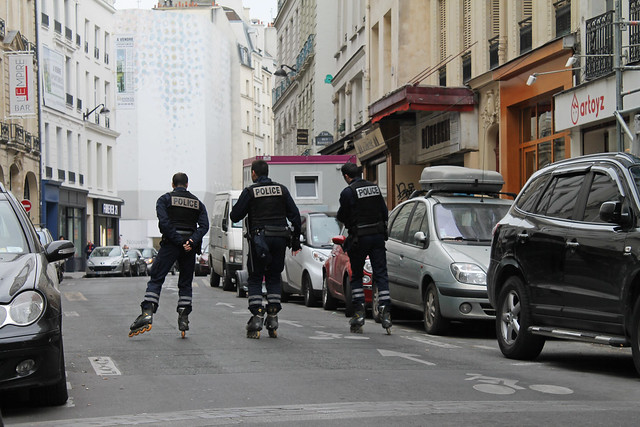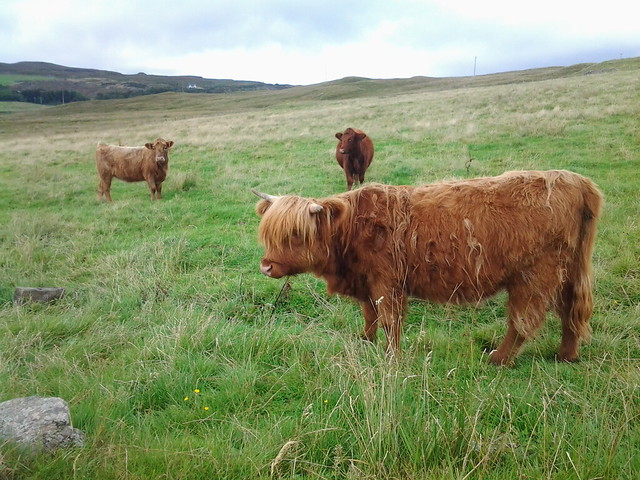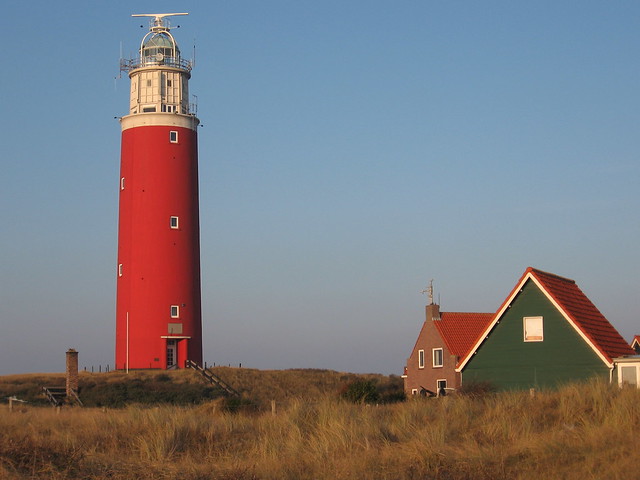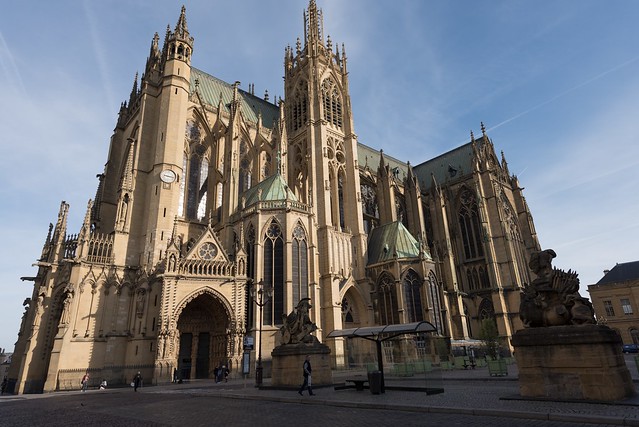In Dutch the word podium [poː.di.(j)ʏm] means stage, and also podium or platform. It comes from Latin word podium (balcony, especially in an amphitheatre, parapet, podium), from the Ancient Greek πόδιον (pódion – base), a diminutive of πούς (poús – foot, leg), from the Proto-Indo-European pṓds (foot) [source].
Some related words include:
- hoofdpodium = main stage
- podiumbeest = someone who enjoys being on stage and is often on stage (“stage beast”)
- podiumkunsten = performing arts
- poppodium = a venue where pop music is performed live
The English word podium (a platform on which to stand, as when conducting an orchestra or preaching at a pulpit; any low platform or dais) comes from the same root [source], as does the word pew, via the Middle English pewe, from the Middle French puie (balustrade), from the Latin podia, the plural of podium [source].
Other words from the same Latin root include poggio (hill) and podio (podium) in Italian, puig (hill, peak) in Catalan, and poyo (stone bench) in Spanish [source].
By the way, in English (and Dutch) the plural of podium can be either podiums or podia. Which do you prefer?
The diminutive of podium in Dutch is podiumpje, which means little or imaginary stage – I find Dutch diminutives like this very cute.


